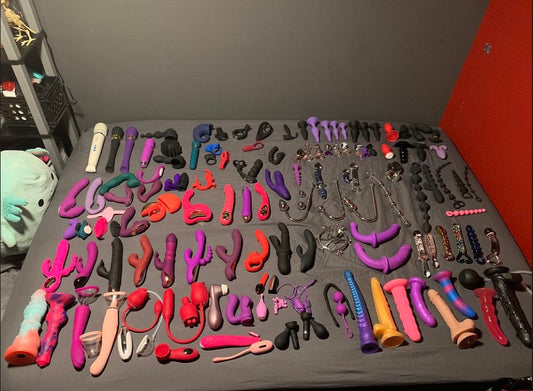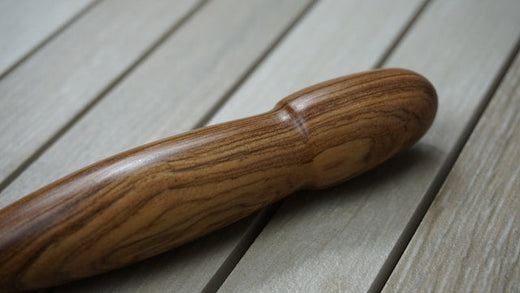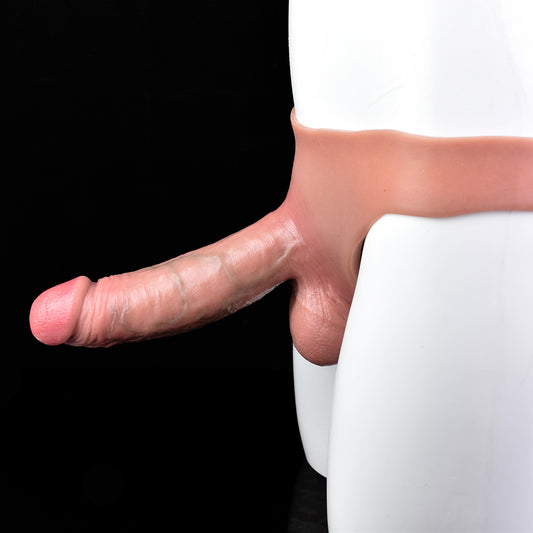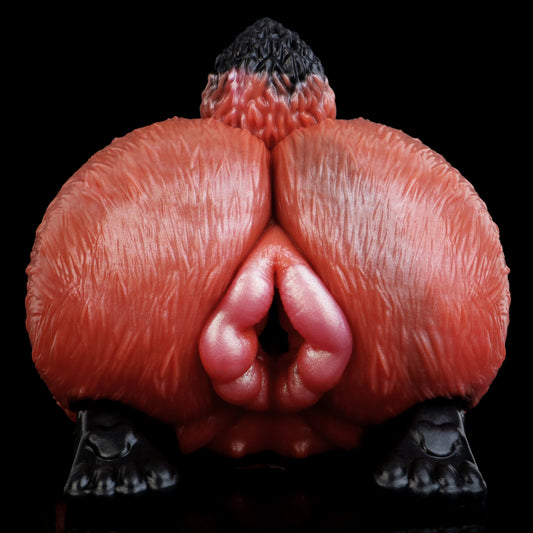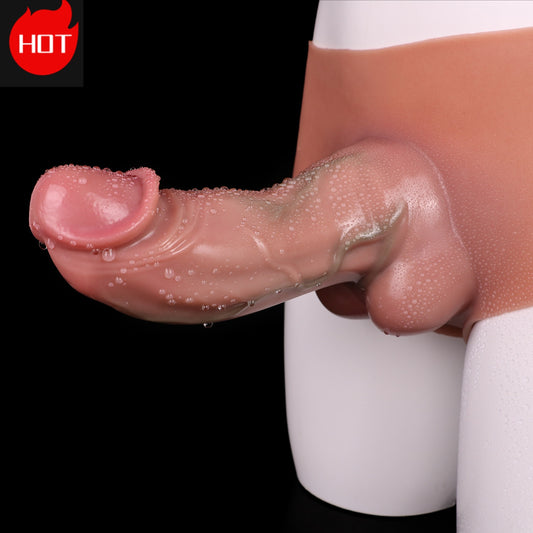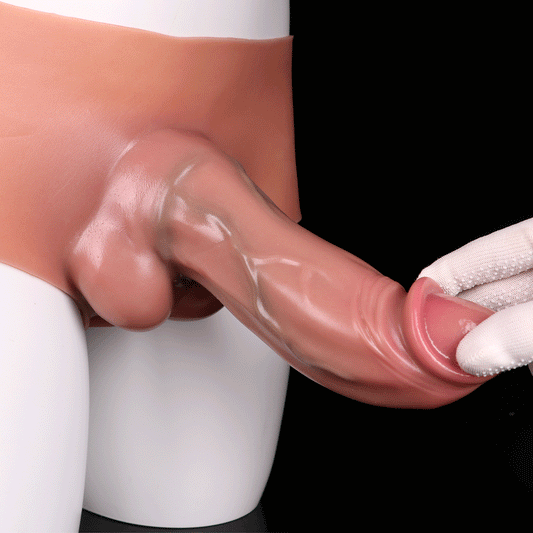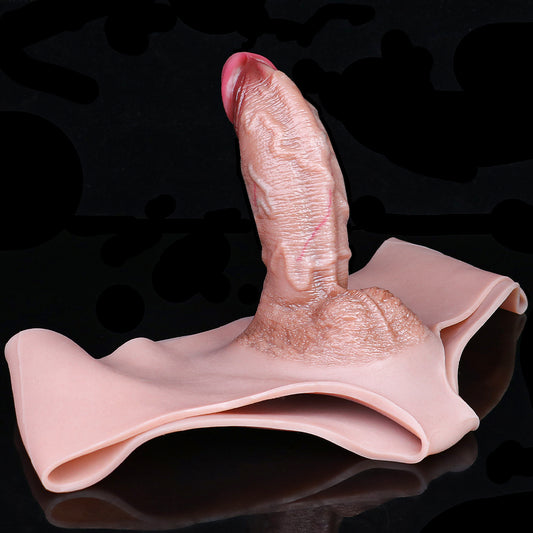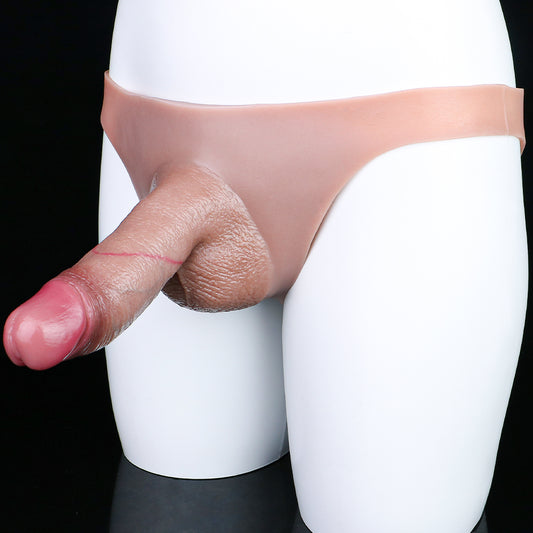
What Is the Refractory Period?
The refractory period is a phase following orgasm during which an individual is temporarily unable to achieve another orgasm. This period is characterized by a decrease in sexual arousal and a temporary resistance to further sexual stimulation.
Understanding the refractory period is essential for both men and women as it plays a significant role in sexual activity and recovery. The refractory period is a term often mentioned in discussions about sexual health and response, but what exactly does it mean? It varies significantly between individuals and can be influenced by various factors, including age, health, and sexual experience.
The Science Behind the Refractory Period
**1. Physiological Mechanisms
After an orgasm, the body undergoes several physiological changes. For men, this typically involves a drop in testosterone levels and a release of hormones such as prolactin, which inhibit sexual arousal. In women, the refractory period can be less pronounced, but they may still experience a temporary decrease in sexual sensitivity and arousal.
**2. Neurochemical Changes
Neurotransmitters like dopamine, which play a role in pleasure and reward, also decrease after orgasm. This shift contributes to the feeling of satisfaction and temporary disinterest in further sexual activity.
Factors Affecting the Refractory Period
**1. Age
Younger individuals often have shorter refractory periods, while older individuals may experience longer ones. This is due to changes in hormone levels and overall physical health as we age.
**2. Health and Fitness
Overall health, including cardiovascular fitness and mental well-being, can influence the duration of the refractory period. A healthier lifestyle may contribute to shorter refractory periods and quicker recovery.
**3. Frequency of Sexual Activity
Regular sexual activity can sometimes shorten the refractory period by keeping the body accustomed to sexual arousal and recovery cycles. However, overexertion without adequate rest can have the opposite effect.
**4. Psychological Factors
Stress, anxiety, and emotional well-being play crucial roles in sexual response and recovery. A relaxed and comfortable mindset can aid in reducing the refractory period, while stress may prolong it.
Navigating the Refractory Period - Tips and Strategies
**1. Embrace the Pause
The refractory period is a natural part of sexual response, and it’s essential to accept and respect it. Use this time for relaxation, cuddling, and enjoying the afterglow of intimacy with your partner.
**2. Engage in Non-Sexual Intimacy
Use the refractory period to explore other forms of connection, such as kissing, caressing, or simply talking. These activities can maintain intimacy without the pressure to continue sexual activity immediately.
**3. Stay Hydrated and Nourished
Physical exertion during sex can deplete energy levels, so staying hydrated and having a light snack can help replenish your body and potentially reduce the length of the refractory period.
**4. Experiment with Multiple Orgasms
While the refractory period is more pronounced in men, some women can achieve multiple orgasms with little to no refractory period in between. Experimenting with different types of stimulation can help you discover your body's unique responses.
**5. Consider Sexual Aids and Toys
For those interested in reducing the refractory period or exploring additional pleasure, sex toys designed for extended play can be helpful. Vibrators, stimulators, and other devices can provide varied sensations that might shorten the refractory phase for some.
Dealing with Prolonged Refractory Periods
**1. Communicate with Your Partner
Open communication with your partner about your needs and experiences is crucial. Understanding each other’s refractory periods and being patient can enhance your sexual relationship.
**2. Consult a Healthcare Provider
If you experience unusually long refractory periods or difficulties in sexual recovery, consulting a healthcare provider can help identify any underlying health issues and provide appropriate solutions.
**3. Focus on Overall Wellness
Improving your overall physical and mental health can positively impact your sexual response and recovery. Regular exercise, a balanced diet, and stress management can contribute to a healthier sexual experience.
Embracing the Natural Rhythm
The refractory period is a normal and essential aspect of sexual health. Understanding and respecting this phase can enhance your sexual experiences and relationships. By embracing the pause, you can navigate the refractory period with ease and enjoyment.
FAQs
1. How long does the refractory period last? The refractory period varies for each individual. It can last from a few minutes to several hours, and factors such as age, health, and sexual experience can influence its duration.
2. Do women experience refractory periods? Yes, women can experience refractory periods, but they are generally shorter and less pronounced than in men. Some women may have little to no refractory period and can achieve multiple orgasms.
3. Can anything shorten the refractory period? Maintaining good overall health, staying hydrated, and managing stress can help shorten the refractory period. Regular sexual activity can also keep the body accustomed to quicker recovery.
4. Is it normal for the refractory period to change over time? Yes, it is normal for the refractory period to change with age and lifestyle factors. It may become longer as you get older or if your health and fitness levels change.
5. What if I feel anxious about my refractory period? Feeling anxious about your refractory period is common, but open communication with your partner and focusing on non-sexual intimacy can help alleviate concerns. If anxiety persists, consulting a healthcare provider can offer additional support.




